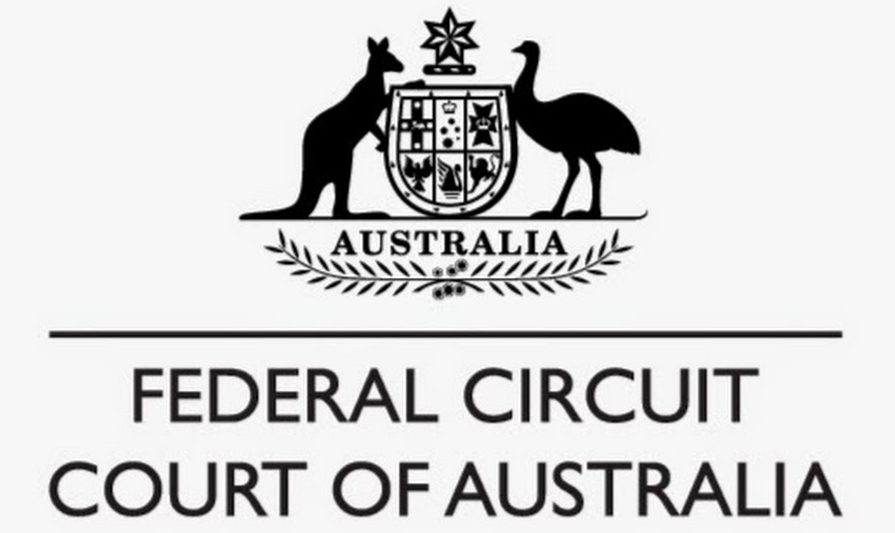Melbourne, 30 August: Pawandeep Kaur loses her bid to get Student Visa
A Bachelor of Arts from India, according to Tribunal, Pawandeep’s immigration history has some interesting facts. Having come to Australia more than 8 years ago, she had three previous student visas. In June 2015 she applied for her fourth student visa to undertake an Advanced Diploma of Business and a Diploma of Production Horticulture. She had a Bachelor’s degree in India and since being in Australia, she studied lower level courses unrelated to her arts degree. Pawandeep’s problems stemmed from the fact that during her stay in Australia, she had enrolled in multiple courses, in some multiple times. Many of those enrolments were cancelled. The Tribunal listed here enrolments as below:
1. Certificate IV in Spoken and Written English
2. Certificate III in Automotive Mechanical Technology,
3. Certificate III in Printing and Graphic Arts (2)
4. Certificate III in Automotive Mechanical Technology,
5. Diploma of Business (Frontline Management) (2)
6. Diploma of Multimedia, Diploma of Interactive Digital media,
7. Certificate IV in Business (3) Diploma of Business,
8. Diploma of Management (2),
9. Diploma of Production Horticulture (3)
10. Certificate II in Horticulture,
11. Diploma of Human Resource Management,
12. Certificate IV in Production Nursery,
13. Advanced Diploma of Management,
14. Diploma of Business,
15. Certificate IV in Production Nursery,
16. Diploma of Business,
17. Advanced Diploma of Business and
18. Diploma of Production Horticulture.
During her 8 years of stay in Australia, Pawandeep had only completed about 3½ years of horticulture studies.
Obviously, the Tribunal found that Pawandeep had failed to ‘to commit to and complete courses she had enrolled in and that suggested she wanted somehow to remain in Australia rather than achieve education.
The Tribunal observed her intention to remain in Australia “outweighed” her desire to achieve an educational outcome (/diploma/degree/certificate).
Based on Pawandeep’s erratic pursuit of her studies, having her husband and child with her and the fact that she returned to India only once in 8 years, the Tribunal observed it indicated she ‘did not have a strong incentive to return home.
The Tribunal further observed Pawandeep did not have a genuine intention to study but to remain resident in Australia. On 18 May 2017, feeling that Pawandeep was not a ‘Genuine Temporary Entrant’, the Tribunal affirmed the department’s refusal of student visa to her.
She then appealed that decision to the Federal Circuit Court of Australia.
Pawandeep used only three grounds of appeal:
(a) The Tribunal misapplied or misconstrued clause 572.223(1)(a) Migration Regulations 1994 (Regulations) – Genuine Temporary Entrant clause;
(b) The Tribunal overlooked the fact that the department officer took information from PRISMS (Provider Registration and International Student Management System) and did not inform or seek Pawandeep to comment; and
(c) The Tribunal failed to consider applying the appropriate case law which says inconsistencies in the evidence of the applicant before it (the Tribunal) does not go to the core of the applicants claim for the student visa.
This appeal in the Federal Circuit Court was heard – almost a year later – 22 May 2018.
Ground 1
Having examined Pawandeep’s immigration and study history the judge felt “the ground appears to have been drawn by someone other than the applicant who had no real understanding, or insight, into the applicant’s circumstances.
Ground 2
The PRISMS records were going to be relevant in any case and the judge felt Pawandeep could not dispute the erratic study history.
“The real question was what inference should be drawn from Pawandeep’s overall circumstances as to her genuineness as a student who would stay temporarily in Australia”, the judge observed.
Ground 3
She claimed that the Tribunal had made been ‘legally’ unreasonable to her.
The judge said he could not find any “unreasonableness” in Tribunal’s decision or findings. “Nothing has been identified in this case that would indicate that the reasons of the Tribunal as given in the decision do not support the outcome, nor that it was not open to the Tribunal to reach the decision it made” the judge added.
On the day of the hearing Pawandeep claimed that “the Tribunal was disbelieving of her in the hearing and did not listen to her”. If proven, this third ground of appeal would be been successful. But she did not provide the court with any proof (document or transcript) to support her claim. As a result, she failed on that as well.
Costs
At the end of the hearing, minister’s lawyers asked for their legal costs of the amount of $5900.00. Pawandeep opposed and “she has no capacity to pay”. But the judge said the winning party must get their costs and made an order that Pawandeep pay $5900.00 to minister’s lawyers.
She may have other/legal options. Time will tell. K. Dev with DM

